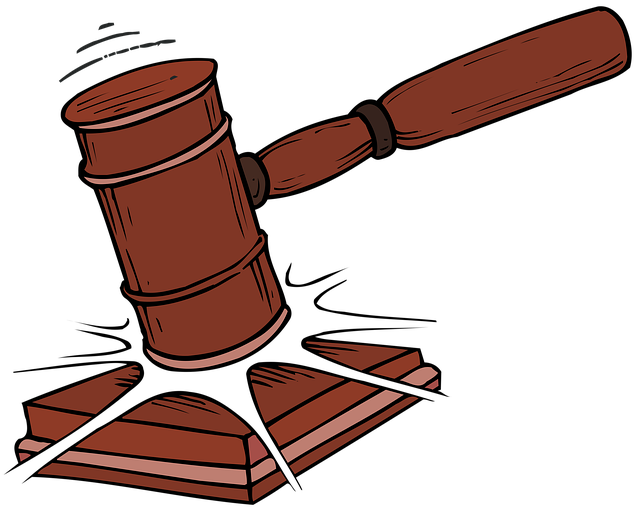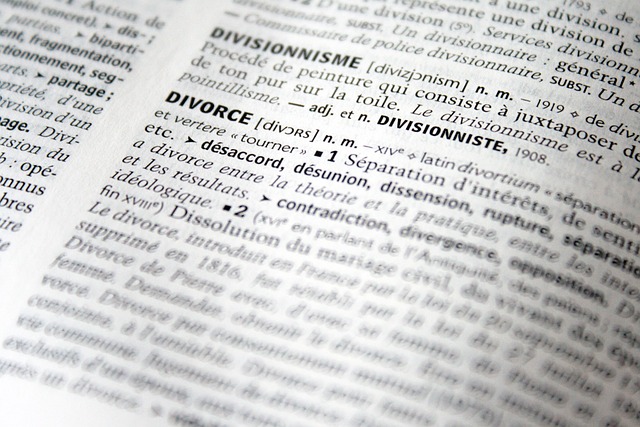Consumer protection suits play a vital role in upholding justice within modern commerce, addressing exploitation and fraud while promoting fair trade practices. To avoid legal disputes, including potential consumer protection suits, businesses should understand and implement the steps to dissolve a business partnership amicably. This proactive approach not only mitigates legal complications but also fosters responsible business conduct. By following well-defined steps for partnership dissolution, companies protect interests, maintain transparency, and preserve professional relationships. Legal professionals serve as mediators, guiding complex dispute resolution through negotiation and alternative dispute resolution (ADR), often preventing costly court battles. Post-dissolution responsibilities, including comprehensive settlement agreements, ensure consumer protection and business integrity.
Consumer Protection Suits: Navigating Legal Pathways for Justice and Fairness.
This comprehensive guide delves into the intricate world of consumer protection litigation, offering insights on understanding legal frameworks designed to safeguard rights. We explore grounds for initiating suits, emphasizing identifying potential violations that warrant action. The article provides a step-by-step guide to amicable dissolution processes, highlighting the crucial role of legal professionals in fostering peaceful resolutions. Furthermore, it discusses post-dissolution responsibilities, ensuring fair practices and business partnerships’ seamless transition.
- Understanding Consumer Protection Suits: Legal Framework and Objectives
- Grounds for Initiating a Suit: Identifying Potential Violations
- The Amicable Dissolution Process: A Step-by-Step Guide
- Role of Legal Professionals in Facilitating a Peaceful Resolution
- Post-Dissolution Responsibilities: Ensuring Fair Practices Moving Forward
Understanding Consumer Protection Suits: Legal Framework and Objectives

Consumer Protection Suits play a pivotal role in safeguarding the rights and interests of individuals within the complex landscape of modern commerce. These legal actions are underpinned by a robust legal framework designed to address various forms of consumer exploitation and fraud. At their core, they aim to ensure fair trade practices, protect vulnerable consumers, and promote transparency among businesses. The objectives stretch beyond mere punishment; they seek to compensate victims, deter future misconduct, and foster an environment where informed consumer choices thrive.
In the event of a dispute, understanding the steps to dissolve a business partnership amicably becomes crucial, especially as businesses grow and evolve. This proactive approach can significantly mitigate potential legal complications, including those arising from consumer protection suits. An unprecedented track record of successful resolutions can serve as a testament to the effectiveness of these strategies, ultimately avoiding indictment and fostering a culture of responsible business conduct across the country.
Grounds for Initiating a Suit: Identifying Potential Violations

When considering grounds for initiating a consumer protection suit, it’s crucial to identify potential violations that have harmed or could harm consumers. These violations can take various forms, from misleading advertising and unfair business practices to the sale of defective products or services. For his clients, understanding these issues is key in navigating complex legal landscapes.
One common scenario involves businesses engaging in white collar and economic crimes, such as fraud or embezzlement. Avoiding indictment and potential civil lawsuits requires meticulous record-keeping and transparency. By implementing robust internal controls and ensuring compliance with relevant regulations, companies can minimize risks and foster trust among their clientele.
The Amicable Dissolution Process: A Step-by-Step Guide

When a business partnership reaches an amicable dissolution, it’s a smoother process than one might imagine. The key lies in following well-defined steps that ensure fairness and minimal conflict for all involved. This systematic approach not only protects individual interests but also fosters positive relationships within the dissolving entity, benefiting future collaborations in the philanthropic and political communities.
The process begins with open communication between partners, openly discussing their reasons for separation and jointly deciding on a dissolution plan. Next, they should review existing partnership agreements to understand rights and obligations, as these contracts often dictate procedures for ending the partnership. Key steps include dividing assets fairly, settling outstanding debts, distributing liabilities, and, if necessary, determining how to continue using shared intellectual property. Throughout this process, it’s crucial to maintain transparency and keep detailed records of all decisions and agreements. By adhering to these steps, business partners can achieve extraordinary results – a clean break that paves the way for future entrepreneurial ventures while preserving professional relationships.
Role of Legal Professionals in Facilitating a Peaceful Resolution

Legal professionals play a pivotal role in facilitating peaceful resolutions in consumer protection suits, offering crucial support to both businesses and consumers. When navigating complex disputes, attorneys can provide essential guidance on the best steps to dissolve a business partnership amicably. This involves intricate negotiations, where legal experts help draft fair agreements, ensuring all parties’ interests are considered. By employing mediation or alternative dispute resolution (ADR) techniques, these professionals can often avoid lengthy court battles, which may lead to costly and time-consuming winning challenging defense verdicts.
Moreover, their expertise is invaluable in crafting strategies for a complete dismissal of all charges, allowing businesses to clear their names and regain the trust of philanthropic and political communities. Legal teams can also assist consumers by ensuring their rights are protected and providing a voice in negotiations, ultimately fostering a harmonious resolution that benefits all involved.
Post-Dissolution Responsibilities: Ensuring Fair Practices Moving Forward

Post-dissolution responsibilities play a pivotal role in ensuring fair practices and maintaining integrity in consumer protection. When partners decide to amicably part ways, following steps to dissolve a business partnership is essential. This process involves a thorough review of all outstanding matters, including contractual obligations, pending legal issues, and financial commitments. A comprehensive settlement agreement should be drafted, outlining the rights and responsibilities of each party moving forward.
By implementing these steps, former partners can avoid potential pitfalls that might lead to future disputes or even general criminal defense across the country. Amicable dissolution requires transparency, mutual respect, and a commitment to upholding ethical standards. This not only safeguards consumer interests but also prevents businesses from facing indictment for unethical practices, ensuring a sustainable and honest business environment.
Consumer protection suits play a vital role in ensuring fair business practices and safeguarding consumers’ rights. By understanding the legal framework, identifying potential violations, and knowing the steps to dissolve a business partnership amicably, as outlined in this article, individuals can navigate complex situations effectively. Legal professionals’ involvement facilitates peaceful resolutions, fostering an environment of responsible commerce and consumer satisfaction. Remember that, by adhering to post-dissolution responsibilities, businesses can ensure fair practices moving forward, ultimately contributing to a more transparent and trustworthy marketplace.






